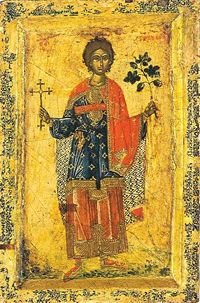Internet fraze na srpskom
MOGU LI DA KORISTIM INTERNET ODAVDE? = Can I use the Internet from here?
KAKO DA SE PRIKLJUČIM = How can I connect?
KOJI JE VAŠ / TVOJ IMEJL = Which is your e-mail?
IMATE LI SVOJ VEB SAJT? = Do you have your own website?
ZAŠTO KONEKTOVANJE TRAJE TAKO DUGO? = Why does connecting take so much time? DA LI U BLIZINI IMA INTERNET KAFE? = Is there an internet cafe near here? KOLIKO KOŠTA SAT VREMENA NA INTERNETU? = How much is it per hour for the Internet?
MOGU LI DA KORISTIM INTERNET ODAVDE? = Can I use the Internet from here?
KAKO DA SE PRIKLJUČIM = How can I connect?
KOJI JE VAŠ / TVOJ IMEJL = Which is your e-mail?
IMATE LI SVOJ VEB SAJT? = Do you have your own website?
ZAŠTO KONEKTOVANJE TRAJE TAKO DUGO? = Why does connecting take so much time? DA LI U BLIZINI IMA INTERNET KAFE? = Is there an internet cafe near here? KOLIKO KOŠTA SAT VREMENA NA INTERNETU? = How much is it per hour for the Internet?

.png)













